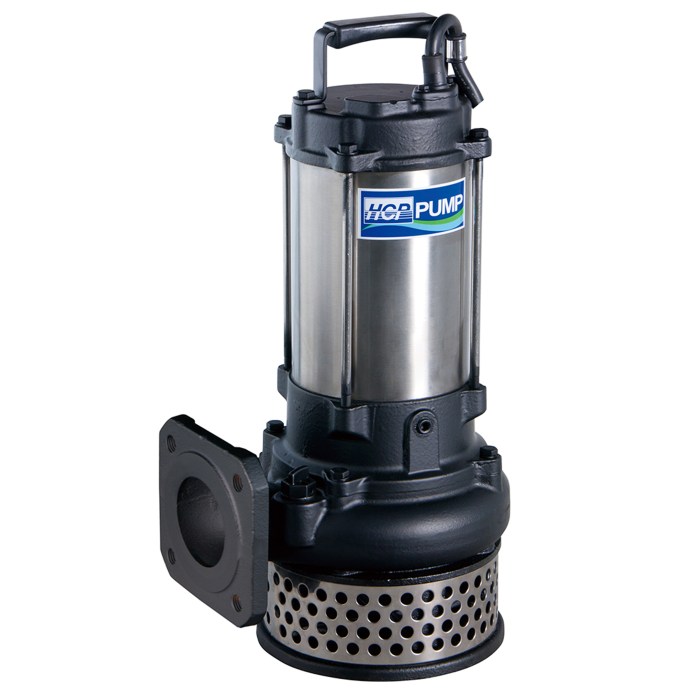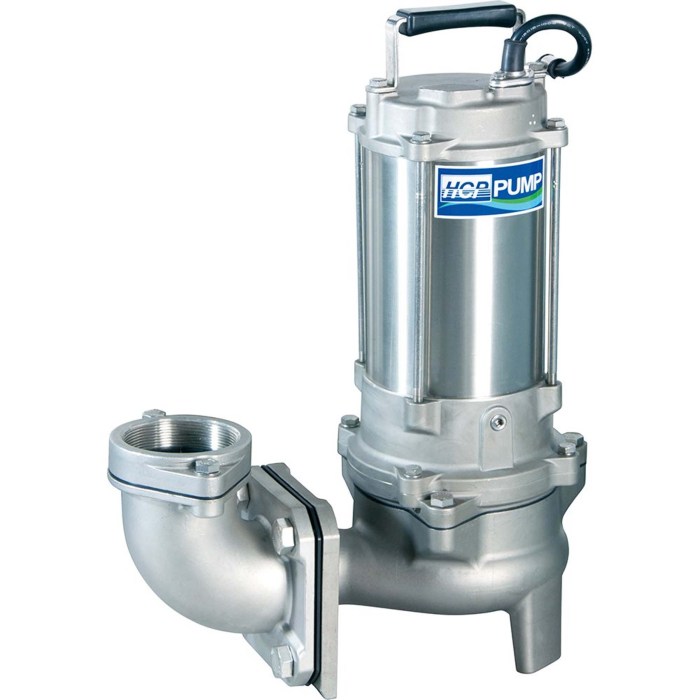Health care professional for one abbr – Health care professionals are the backbone of our healthcare system, providing essential services to patients and communities. This comprehensive guide explores the diverse roles, responsibilities, and challenges faced by healthcare professionals, highlighting their importance and the impact they have on our health and well-being.
From education and training to ethics and leadership, this guide delves into the complexities of the healthcare profession, offering insights into the skills, knowledge, and values required to excel in this demanding field.
Definition and Scope of Health Care Professionals: Health Care Professional For One Abbr

Health care professionals (HCPs) are individuals who are trained and licensed to provide health care services to patients. They work in a variety of settings, including hospitals, clinics, nursing homes, and private practices.
There are many different types of HCPs, including physicians, nurses, dentists, pharmacists, physical therapists, and occupational therapists. Each type of HCP has its own specific role and responsibilities.
Physicians are responsible for diagnosing and treating medical conditions. They prescribe medications, perform surgeries, and provide other medical care.
Nurses provide care to patients under the direction of physicians. They administer medications, monitor patients’ vital signs, and assist with procedures.
Dentists are responsible for diagnosing and treating oral health problems. They perform cleanings, fillings, and other dental procedures.
Pharmacists dispense medications to patients. They also provide information about medications and their side effects.
Physical therapists help patients improve their mobility and function after an injury or illness. They use exercises, massage, and other techniques to help patients regain their strength and range of motion.
Occupational therapists help patients learn how to perform everyday activities after an injury or illness. They use activities such as cooking, cleaning, and dressing to help patients regain their independence.
Education and Training for Health Care Professionals
The education and training required to become a HCP varies depending on the profession. Physicians typically complete four years of medical school and then three to seven years of residency training.
Nurses typically complete a two-year associate degree or a four-year bachelor’s degree in nursing. They then must pass a national licensing exam to practice.
Dentists typically complete four years of dental school and then one to two years of residency training.
Pharmacists typically complete a four-year pharmacy degree and then one year of residency training.
Physical therapists typically complete a two-year associate degree or a four-year bachelor’s degree in physical therapy. They then must pass a national licensing exam to practice.
Occupational therapists typically complete a two-year associate degree or a four-year bachelor’s degree in occupational therapy. They then must pass a national licensing exam to practice.
Health Care Professional Organizations
There are many different HCP organizations, each representing a specific profession. These organizations provide a variety of services to their members, including continuing education, professional development, and advocacy.
Some of the largest HCP organizations include the American Medical Association (AMA), the American Nurses Association (ANA), the American Dental Association (ADA), the American Pharmacists Association (APhA), the American Physical Therapy Association (APTA), and the American Occupational Therapy Association (AOTA).
Health Care Professional Ethics and Guidelines
HCPs are guided by a set of ethical principles that govern their conduct. These principles include respect for patient autonomy, beneficence, nonmaleficence, and justice.
HCPs are also subject to a number of legal and regulatory frameworks that govern their practice. These frameworks include the Health Insurance Portability and Accountability Act (HIPAA), the Emergency Medical Treatment and Labor Act (EMTALA), and the False Claims Act (FCA).
Health Care Professional Burnout and Well-being, Health care professional for one abbr
HCPs are at high risk for burnout, which is a state of emotional, physical, and mental exhaustion caused by prolonged exposure to stress.
Burnout can lead to a number of negative consequences, including decreased job satisfaction, decreased productivity, and increased errors.
There are a number of things that HCPs can do to prevent and manage burnout, including getting enough sleep, exercising regularly, and eating a healthy diet.
Popular Questions
What are the different types of healthcare professionals?
There are many different types of healthcare professionals, including doctors, nurses, physician assistants, pharmacists, dentists, and allied health professionals such as physical therapists, occupational therapists, and speech-language pathologists.
What is the role of healthcare professionals in patient care?
Healthcare professionals play a vital role in patient care by providing diagnosis, treatment, and support to patients. They work together to develop and implement treatment plans, monitor patient progress, and provide education and counseling to patients and their families.
What are the challenges facing healthcare professionals?
Healthcare professionals face a number of challenges, including the increasing complexity of patient care, the rising cost of healthcare, and the shortage of qualified healthcare workers. They also face ethical challenges, such as how to allocate resources fairly and how to respect patient autonomy.

